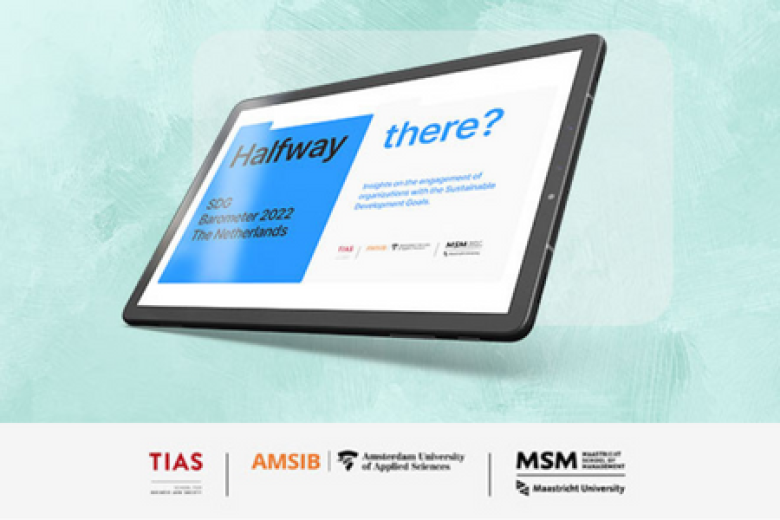Poor sleepers not necessarily bad drivers
Long-term insomnia sufferers are not less alert behind the wheel. At least, not behind the wheel of a real car. They are, however, less alert during a simulated driving test. Scientific research conducted by Maastricht University and the University of Caen found that driving performance in a simulator does not necessarily predict performance on the road.
Contrary to what some believe, insomnia is not the inability to sleep. People with insomnia find it difficult to fall asleep or stay asleep and tend to report subjective symptoms. They also tend to get enough sleep at night, but wake up feeling tired. On average, five to ten percent of the population suffers from insomnia.
Motorway studies
Practical research on the influence of sleep deprivation and insomnia on driving behaviour is rather limited. PhD candidate Joy Perrier studied driving performance in people with insomnia and evaluated their cortical brain activity using EEG electrodes. Driving ability was measured in a driving simulator and in a real car on the public motorway, under the supervision of a driving instructor. Various studies have been conducted in Maastricht over the years on how drugs and medication influence driving ability in this setting. 'It's important to conduct studies like these in real-life situations,' says Jan Ramaekers, a university professor and Perrier's thesis supervisor. 'This study demonstrates that the results of the driving simulation test cannot be translated one-to-one with the results of real-life situations.'
Potential explanation
That people perform worse in a simulated setting than they do on the road may be explained by the fact that the simulator can be quite taxing. Some people, for example, may find it tiring to see a moving image while they themselves are sitting still. 'More importantly, you know you can't get into an accident in a simulator. A half hour of concentrated motorway driving is much harder than sitting in a car, receiving constant simulation and knowing how important it is to stay awake,' says Ramaekers. The study not only found that real-life tests are preferred over simulator tests, it also found that using an EEG to measure cortical brain activity does not accurately predict driving behaviour in practice. 'This is important for our fellow researchers to understand,' says Ramaekers.
Joy Perrier will defend her thesis, 'Good night, sleep tight: performance and EEG measures in primary insomnia patients and during sleep deprivation in health volunteers' on Wednesday 18 November at Maastricht University.
Also read
-
Halfway to 2030: Dutch organisations becoming more engaged with Sustainable Development Goals
Since the 2015 adoption of the Sustainable Development Goals (SDGs) and the 2030 deadline, the first Dutch national SDG Barometer study shows that there is a lot to be optimistic about.

-
NWO Rubicon grant for Katie Kuschminder
Katie Kuschminder, a postdoctoral researcher at Maastricht University's UNU-MERIT research institute, was awarded a Rubicon grant from the Netherlands Organisation for Scientific Research (NWO).

-
Job opportunities through 2020 particularly in engineering and education
A total of 400,000 new jobs are expected in the Netherlands until 2020, which represents a growth rate of approximately 0.8% per year.
